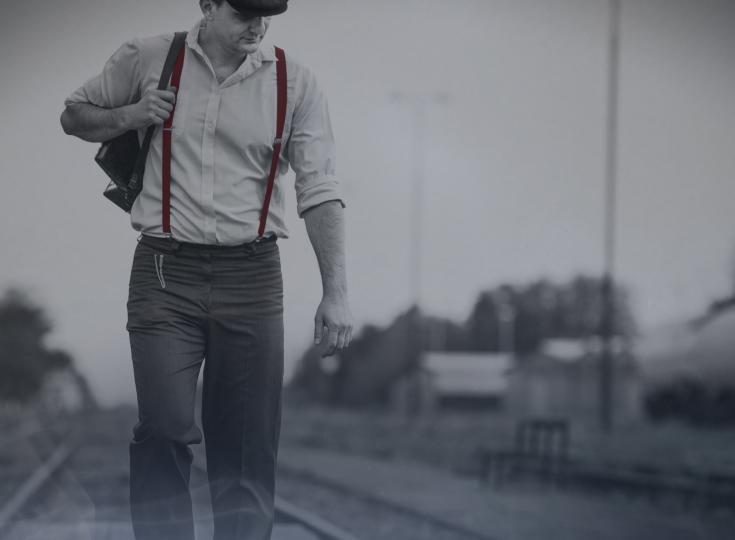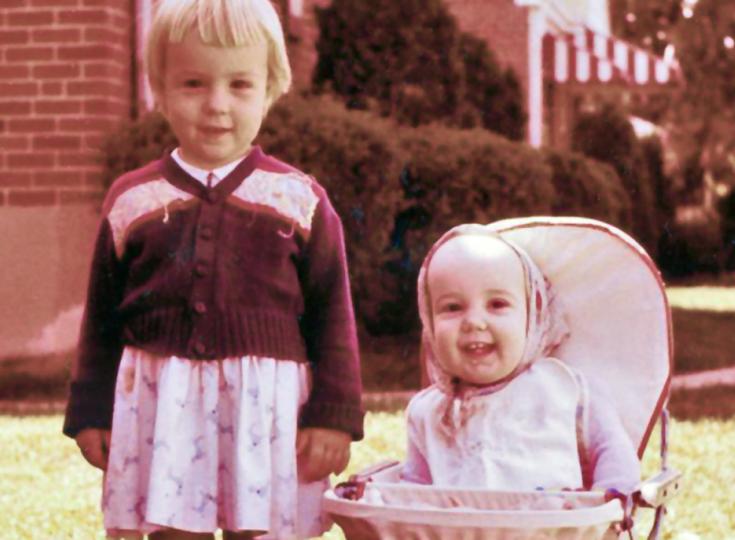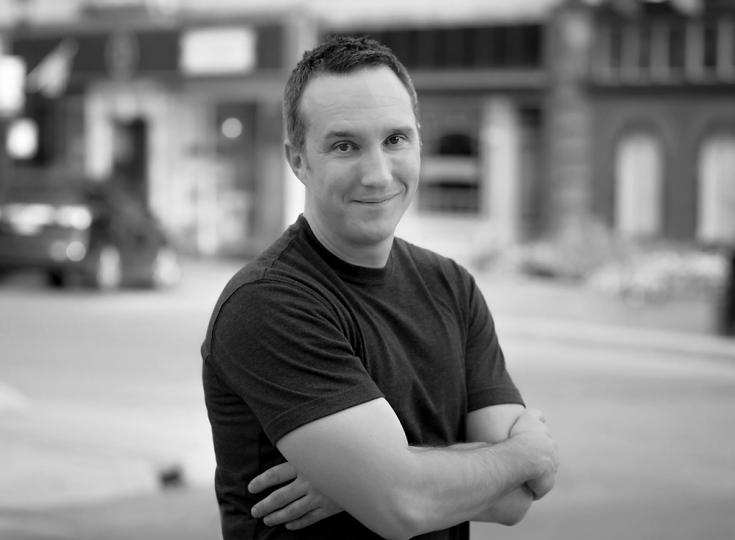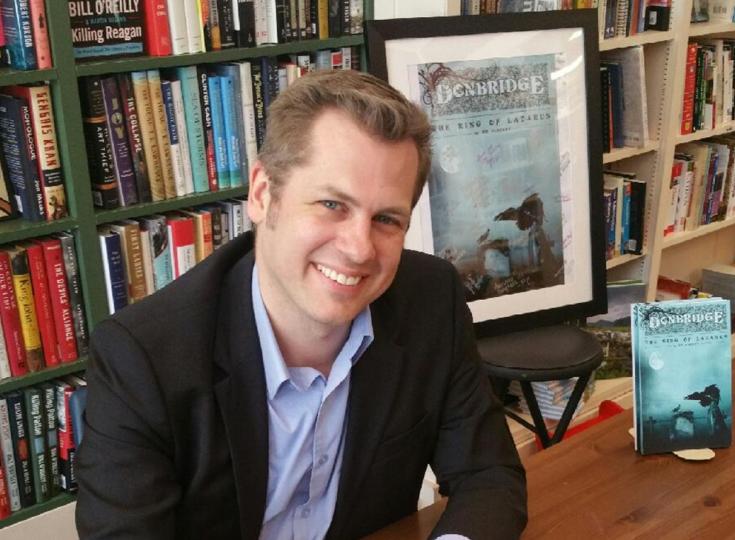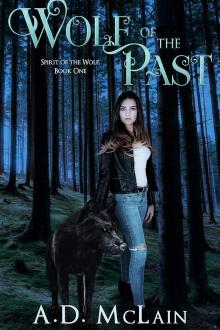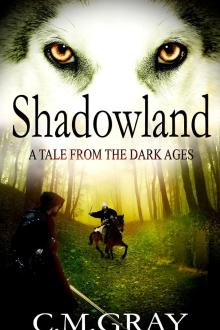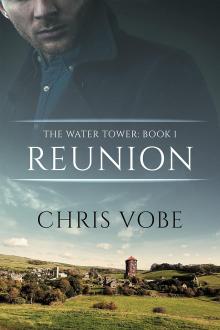Noah Lemelson - Fast-moving, Fascinating Steampunk Adventure
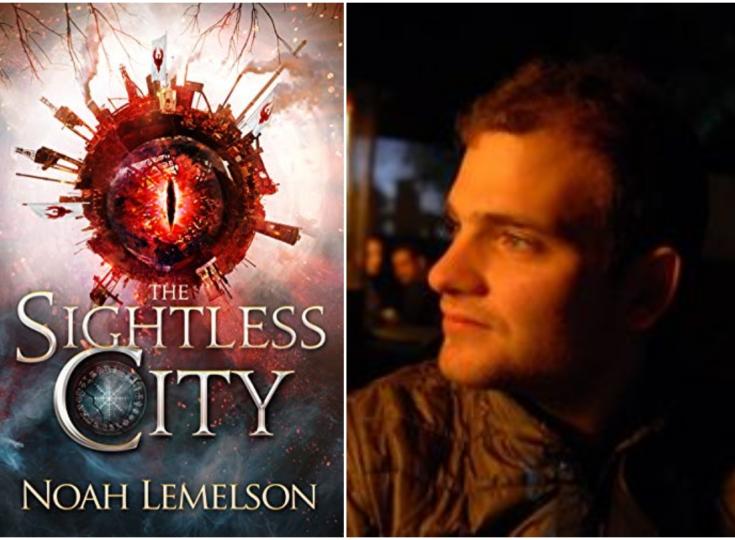
Noah Lemelson is the author of The Sightless City, the first in a steampunk fantasy trilogy to be published by Tiny Fox Press, which won a First Place Award in the 2019 OMZA Book Awards for Fantasy Fiction. He has also written a variety of short stories and flash fiction in various speculative genres. As our Author of the Day, he tells us more about his book, The Sightless City.
Please give us a short introduction to what The Sightless City is about.
The Sightless follows a private investigator named Marcel Talwar, as he finds himself at the center of a conspiracy with world-shattering consequences, all orchestrated by a man he once considered a friend and patron, Lazarus Roache. As he uncovers the truth, he teams with others who have been Roache’s puppets, including a mysterious warmonk, and a beastwoman engineer.
What inspired you to write this story? Was there anything that made you want to tackle this?
It grew naturally out of my compulsive habit to world-build. I have a love for desolation and ruin, and the world of The Sightless City came about as an exploration of this aesthetic, and the sort of societies, industrialized, militarized, hyper-ideological, that might create such a world. The characters came from the setting, attempts to explore very different perspectives in this world. The plot came at first as a way of linking these characters together, but as these things happened it started to grow and grow.
Tell us more about Marcel Talwar. What makes him tick?
Marcel is the tough, hardened, gumshoe private investigator, or at least, he tries to be. In truth he is a much more sensitive man than he pretends, one taken by stories of heroism he’s read in pulps. He’s trying to prove himself, and that need to be someone he may not be both prompts his greatest moments of courage and his greatest acts of stupidity.
What did you have the most fun with when creating this story?
I loved giving descriptions of the world, of a mismanaged opulent gala, of a flying city now a century since crashed, of a world broken yet still surviving, writing the details that give this world life is definitely a highlight. As was writing some of the darker, more surreal moments that hint at what sort of secrets are buried beneath and beyond.
Does writing in surreal and otherworldly settings pose any particular problems?
Most of the setting is quite grounded, with familiar (if oddly named) technology, familiar political disfunction, familiar everyday life. Then it’s just a matter of balancing the strange, keeping things still relatable, but giving glimpses into the weirdness beyond. It can be tempting to go too weird too fast, but I think I (mostly) avoid this. At least for this first book.
Besides writing, what other secret skills do you have?
I have an above-average sense of direction. Not like, a significantly impressive sense of direction, just above average.
Marcel suffers from PTSD. Why did you create him this way?
It just came from the character’s history. He’s someone who fetishized the idea of war, and now that he’s experienced it, lives with the scars both physical and mental.
Interesting cover. Tell us more about how it came about.
That was thanks to the good people at Damonza. I basically vomited a bunch of elements from my book, and they somehow managed to make a pretty rad cover out of it, basically on their first go.
Do any of your characters ever take off on their own tangent, refusing to do what you had planned for them?
I’m often able to keep them mostly on track, but there are consistent small changes, little differences from what I expected, that over multiple chapters can slowly and irreversibly shift their arcs. Usually its for the better. Sometimes it’s as simple as characters writing themselves out of the story. The first draft had a major character who was central to nearly all the events of the story, but when I actually went to write his backstory I realized he had no place in the novel.
Readers say the book is fast-paced. How did you pull this off?
I think the key to pacing is to know how long to linger on a character or event. I try to use my multiple POV’s to keep things interesting, even if one arc is at a temporary lull, something interesting and plot-forwarding is happening with someone.
Do you ever suffer from writer's block? If so, what do you do to combat this?
For me the best way to break through writer’s block is to take a walk. I think my brain is powered by motion, and simply moving my legs tends to make things clearer.
Do you have any interesting writing habits? What is an average writing day like for you?
I sit at the computer wasting time for an hour or two until the weight of sheer guilt of not having written anything compels me to write. I do not recommend this strategy.
What are you working on right now?
My main project is the sequel to The Sightless City, which is well underway! I’ve also been working on another unrelated novel in the breaks between this series.
Where can our readers discover more of your work or interact with you?
You can find me at noahlemelson.com or https://twitter.com/NLemelson
